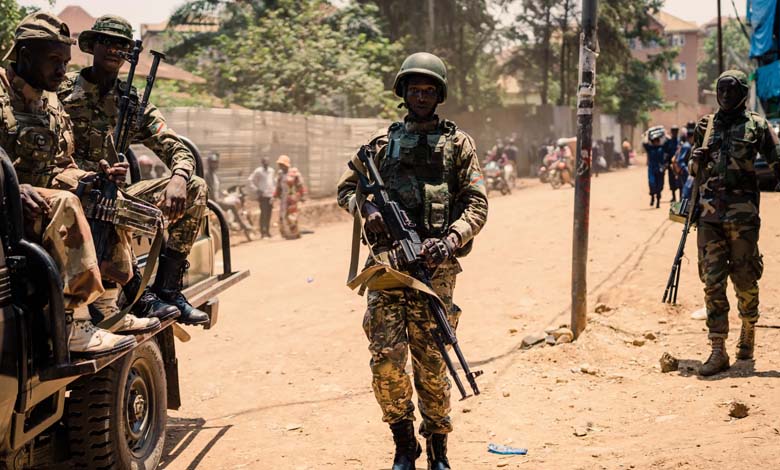M23 and Executions: The Bloodiest Face of the Conflict in Eastern Congo

A recent Human Rights Watch report has sparked a fresh wave of international concern, revealing that the March 23 Movement (M23) executed 21 civilians in Goma, eastern Democratic Republic of the Congo. The concern extends beyond the nature of the violations to the troubling direction the conflict is taking.
-
The Deadly Sparkle: A Booby-Trapped Geography in Congo’s Kivu Region
-
Crisis in Eastern Congo: Official Moves Against Kabila and Hope for Peace with Rwanda
According to the report, the victims were executed in cold blood over just two days last February. Some bodies were found discarded near construction sites close to army camps, while others were shot while attempting to escape mass arrests.
These acts appear not to be isolated incidents but rather part of a systematic and organized use of violence, in clear violation of the laws of war and human rights standards.
Violence as a Tool of Control
The executions seem to form part of a broader strategy employed by M23 to assert control through mass intimidation, particularly in neighborhoods and regions previously held by the Congolese army.
-
“Gaps on the Frontlines”… Military Trials in the Democratic Republic of the Congo
-
Crisis in Eastern Congo: Will Dar es-Salaam Silence the Guns?
The timing was also significant, coinciding with a major escalation of violence in which the group seized control of the cities of Goma and Bukavu, resulting in the deaths of thousands and the displacement of hundreds of thousands of civilians.
External Accusations
The Congolese government and international organizations have repeatedly accused Rwanda of supporting M23 through military supplies and political or logistical backing. Rwanda has vehemently denied the allegations, framing the conflict as an internal Congolese matter stemming from Kinshasa’s failure to address local tensions.
-
Eastern Congo on the brink of war… “Earth’s Treasures” at the heart of the conflict
-
What is happening in the Democratic Republic of the Congo?
Despite Kigali’s denials, several UN reports have cited indirect evidence of organized support — particularly given the rapid increase in M23’s military capabilities and armament. Nevertheless, these allegations require a thorough, independent, and transparent investigation to uncover the full truth.
Lack of Deterrence and Growing Fear
The lack of decisive regional and international action to curb the expansion of M23 is fostering a climate of impunity. Since the start of 2025, numerous reports of abuse have accumulated without tangible deterrent measures being taken.
-
Togo and Terrorism: From Transit Zone to Operational Base?
-
Arming Dynamics of Extremist Groups in the African Sahel: What Is the Source of Their Arsenal?
Human rights organizations fear that summary executions may become a recurring practice, especially in a context where trust between civilians and armed groups has collapsed, and the UN peacekeeping mission (MONUSCO) fails to provide effective protection.
Human Rights Watch has stressed that commanders and fighters responsible must be held criminally accountable. This is not only a moral imperative but also a political and security necessity to prevent similar atrocities from occurring in other parts of the country.
-
Increase in terrorist organization crimes since the beginning of 2025… What are the details?
-
Elite Units That Paved the Way for Modern Special Forces
-
One Year After the Gabon Coup: What Has Changed?
-
Is South Africa the Financial Hub for ISIS in Africa?
-
Report: Counterfeiting Money is One of the Methods Used by Terrorist Groups to Finance Their Activities












